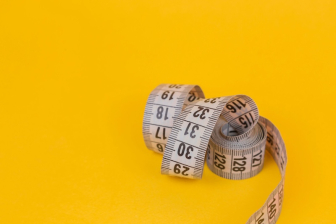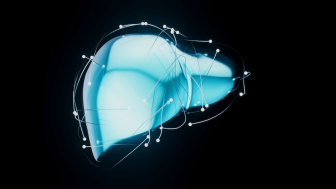An interview with Ying Feng, Pharmacist and Support Team Member
Last updated: 01 November 2019
You can legally access new medicines, even if they are not approved in your country.
Learn howPatient support from Barbados to China
An Interview with the newest member of our Support team.
What is your role at everyone.org?
My role is to guide a patient or their loved ones (sometimes that’s a partner, but it could also be a friend or relative) through the process of what we do for them.
This might include general information about our service, or about access to medicines they aren’t currently able to access. Often, this starts with simple interactions, like questions. These questions come from around the world — from Barbados to China.
I try my best to help them understand how we can help. Some won’t ultimately need our service and that’s okay — sometimes I just need to listen, because the person on the other end of the line needs to tell their story.
How are you equipped to help people with acquiring medicines?
I studied to be pharmacist at the University of Minnesota, which has a very patient-centred approach. In fact, they had a programme dedicated to teaching us, as pharmacists, how best to communicate with and support patients and doctors. This (and my degree in general) gave me the technical grounding to be able to assist patients with their enquiries and requests.
I also speak English, Dutch and Chinese. I think speaking multiple languages gives me the perspective to be able communicate with those who are conversing in a second language. It means understanding patients and doctors who are trying to say something in English but might not have the exact words to say it.
Being a good listener is critical in this role. Many people have concerns that they don’t explicitly communicate and you have to fully comprehend what they’re trying to say.
What are the most common challenges you experience when supporting patients?
Understandably, most people don’t understand the commercial aspect of medicines — how they’re created, how they’re grouped in terms of one place or another, or just how they move throughout the world. And until people need a medicine they can’t access, there’s no reason for them to understand it. When they or a loved one urgently needs access to a certain medicine, they’re suddenly expected to ‘work’ a system they’ve never had to understand. That’s where I step in and try to make the process as easy as possible.
Why is the mission of everyone.org important to you?
A lot of access to healthcare is dependent on where you happen to be born, and that just doesn’t make sense. Sometimes the difference in access can be within a few 100 kilometres. everyone.org equalises access for people.
I also believe everyone.org fulfills a broader purpose in terms of information. Although we don’t give medical advice, we do provide reliable information about certain medicines and access to treatment. Often this information is hidden behind paywalls, within databases or only accessible if you have a certain level of education and we’re working to change that.
What would you say to people who feel they have no options left for treatment?
Don’t give up — there’s always hope and there are always options.
You may recognise Ying as the face of everyone.org on our live chat. If you want to reach her or request information about a medicine, please email [email protected]




